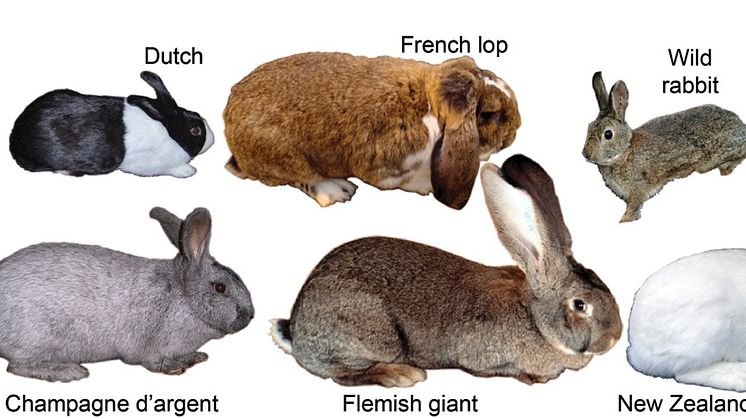Was early animal evolution co-operative?
The fossil group called the Ediacaran biota have been troubling researchers for a long time. In a new study, published in Biological Reviews, researchers from Sweden and Spain suggest the Ediacarans reveal previously unexplored pathways taken by animal evolution. They also propose a new way of looking at the effect the Ediacarans might have had on the evolution of other animals.
